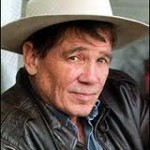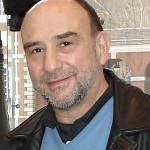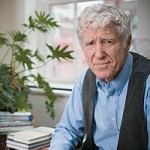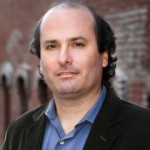Podcast: Play in new window | Download
Subscribe: Apple Podcasts | RSS
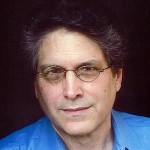
[amazon-product align=”right”]1583333657[/amazon-product]Bruce Frankel on WHAT SHOULD I DO FOR THE REST OF MY LIFE? True Stories of Finding Success, Passion, and New Meaning in the Second Half of Life. And psychologist Susan Krauss Whitbourne talks about THE SEARCH FOR FULFILLMENT: Revolutionary New Research That Reveals the Secret to Long-term Happiness.


 Harvey Sachs
Harvey Sachs